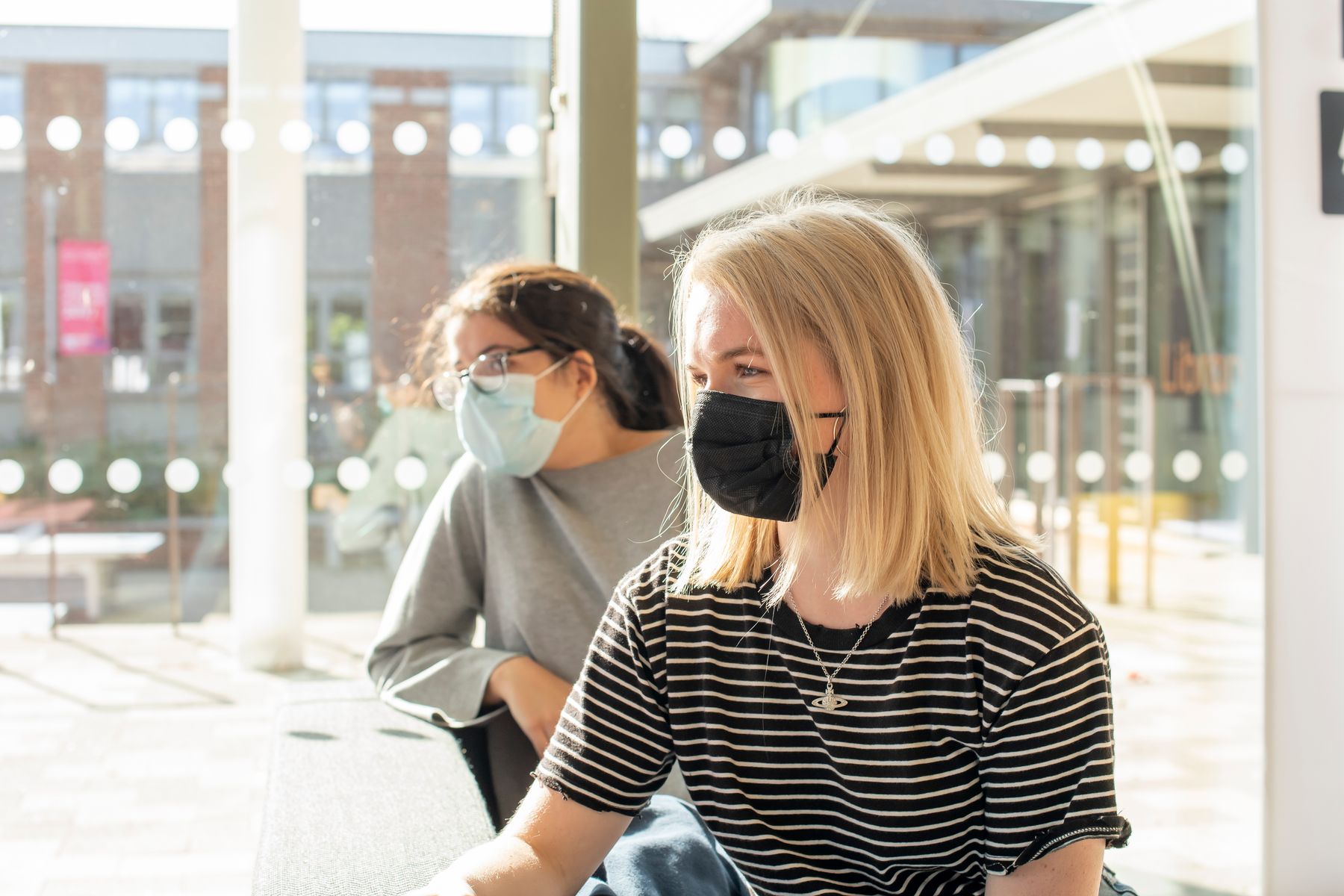Overview
This self-funded PhD project provides a suitable researcher with the opportunity to investigate the role that visual and political propaganda has played during the Covid-19 crisis. The project focuses on the way that media content and communications by the state set out very specific demands of citizens to take certain actions - or not to take certain actions - emphasising or implying the claimed ‘virtuosity’ of doing so. This project encourages critical analysis of visual communications including posters, billboards, placards, flyers, wearables, digital advertising, TV advertising, motion graphics or social media campaigns.
We are looking for innovative PhD proposals that critically investigate the role that visual communication played during the Covid-19 crisis, focusing on the extent to which these campaigns amount to visual and political propaganda. The project is concerned with the methods of communication, many of which are a combination of image and text, that have been applied in a variety of media to drive as well as monitor public behaviour. Visual analysis, and a thorough understanding of the relationship between visuality and politics, would therefore constitute a key element of the proposed study. In the first instance, we are keen to attract outstanding PhD proposals concerned with well-defined case studies in the United Kingdom. However, considering the global dimension of the Covid-19 crisis, we are equally open to international case studies where a clear link to visual media can be established, and where this can be articulated in a well-defined and feasible PhD proposal.
Applicants should have a strong understanding of visual culture studies, visual communication methods and/or political propaganda. A track-record in studying one of these areas in a previous degree is highly desirable. Applicants from a range of backgrounds, whether that is within academia, industry, governmental, non-governmental organizations or cultural organizations are very much encouraged to apply for this opportunity. Reflecting the interdisciplinary nature of the research, the proposed project is a collaboration between two schools at NTU: the successful applicant would be supervised by Dr. Marco Bohr, Associate Professor in Design and Digital Arts in the School of Art & Design, as well as Dr. Colin Alexander, Senior Lecturer in Political Communications within the School of Arts & Humanities. Additional supervision expertise will be considered on a case-by-case basis and where this is appropriate.
The PhD project is to be completed through the traditional pathway of a PhD by thesis. Applicants interested in this PhD project area are asked to narrow the line of enquiry in a well-defined PhD proposal of no more than 1,500 words (not including references). Under clear headings, the proposal needs to contain the following information: a relevant title for the project, an outline of the chosen research question or focus, a brief overview of existing academic work on or connected to the topic and details of the methodology. Further information and help on writing a research proposal can be found here: https://www.ntu.ac.uk/study-and-courses/postgraduate/phd/how-to-apply/writing-a-research-proposal Further information about Research Degrees at NTU as well as the application process can be found here: https://www.ntu.ac.uk/research/research-degrees-at-ntu
The successful applicant will join one of the country’s leading art and design schools which has been influencing, inspiring, and innovating since 1843. Buoyed by recent successes such as the QS subject top 100 world ranking, the school has a vibrant, forward-looking and expanding research community where collaboration, experimentation and interdisciplinarity are embraced and actively encouraged. The successful applicant will be part of the Creative Practices, Methods and Analysis CPMA research cluster. More PhD opportunities are listed on the CPMA website: https://www.ntu.ac.uk/research/groups-and-centres/groups/creative-practices,-methods-and-analysis
Enquiries about this self-funded PhD opportunity can be directed to Dr. Marco Bohr at marco.bohr@ntu.ac.uk.
Staff profiles
Entry qualifications
Entrants must have a Bachelors and a Masters Degree in a subject area relevant to the PhD research. Each degree must have been obtained with a minimum 2:1 classification (or international equivalent). English language fluency is essential.
How to apply
Applications for this PhD are accepted all year round. Please visit our how to apply page for a step-by-step guide and make an application.
Fees and funding
This opportunity is for self-funded PhD students. Applicants are encouraged to apply for external funding and we will support this process if and when required. Find out about fees and funding for PhD projects.
Guidance and support
Find out about guidance and support for PhD students.
